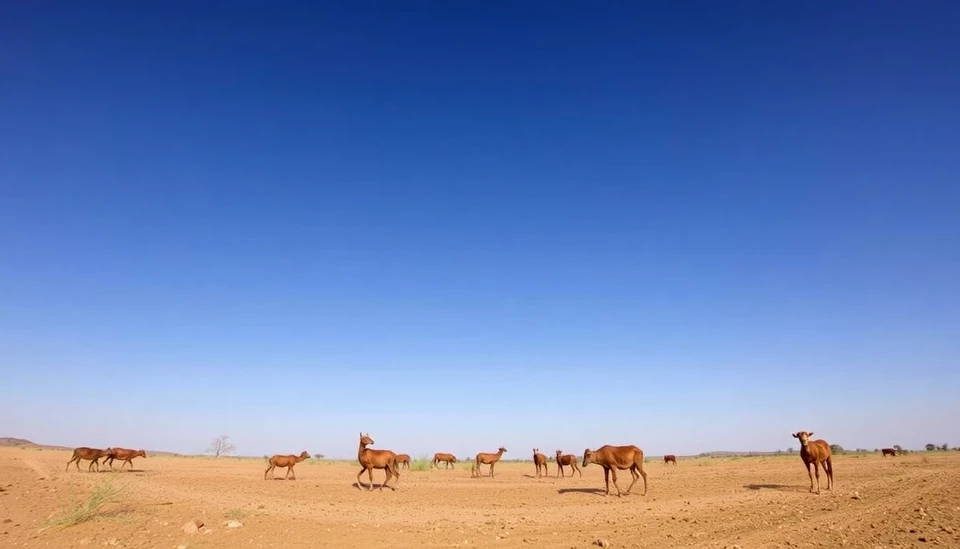
In a significant move aimed at alleviating the impact of a devastating drought, Namibia's central bank has mandated commercial banks to extend aid to farmers coping with dire agricultural conditions. This directive comes in light of a prolonged dry spell that has severely affected the country's food production and posed a grave threat to the livelihoods of many Namibians.
The Bank of Namibia, recognizing the urgent need for intervention, has instructed financial institutions to facilitate better access to credit for the agricultural sector and to develop loan packages that will reflect the unique challenges farmers are facing due to the drought. This initiative is part of broader efforts to mitigate food insecurity and support those in the agricultural community who are in desperate need of assistance.
The drought has resulted in significant crop losses and has diminished the overall output of the agricultural industry, which is vital to Namibia's economy. The central bank's new guidelines are expected to help farmers manage their financial burdens while also encouraging banks to adopt a more flexible approach in loan repayment plans.
Furthermore, the Bank of Namibia is advocating for a collaborative effort among financial institutions to assess the situation comprehensively, ensuring that tailored solutions are provided to farmers based on their specific needs and the severity of their circumstances. This assistance may include lower interest rates or even grants that can help cover operational costs during this challenging period.
The decision comes amidst rising pressures on the food supply in Namibia, where drought-related issues have exacerbated pre-existing conditions of food insecurity among rural populations. The government's proactive stance showcases a commitment to safeguarding agricultural practices and promoting economic stability through sustainable lending practices.
As banks prepare to roll out the new measures, there is hope that these interventions will significantly ease the financial strain on farmers and ultimately contribute to the recovery of Namibia's agricultural output. Stakeholders in the farming community are closely monitoring this situation, eager for positive developments that could alleviate their struggles in the face of ongoing environmental challenges.
In summary, as Namibia grapples with the consequences of a persistent drought, the central bank’s regulations on lender practices mark a pivotal effort to support the agricultural sector. This proactive approach could serve as a model for other nations facing similar climate-related challenges in their agricultural landscapes.
#Namibia #DroughtRelief #AgricultureSupport #BankOfNamibia #ClimateCrisis #FoodInsecurity
Author: Megan Clarke




